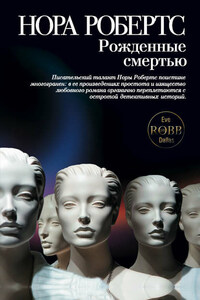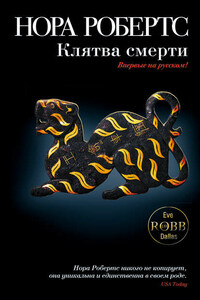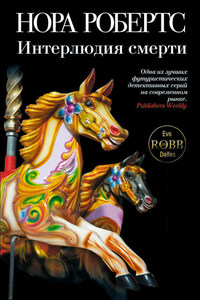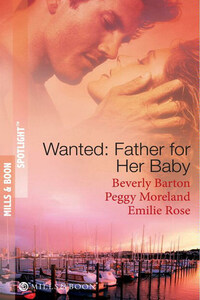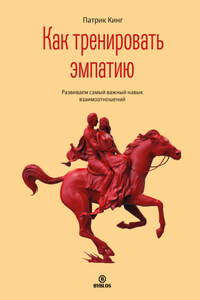â¦with the moon full and white and cold. He saw the shadows shift and shiver like living things over the ice-crusted snow. Black on white. Black sky, white moon, black shadows, white snow. As far as he could see there was nothing else. There was such emptiness, an absence of color, the only sound the whistling moan of wind through naked trees. But he knew he wasnât alone, that there was no safety in the black or the white. Through his frozen heart moved a trickle of hot fear. His breath, labored, almost spent, puffed out in small white clouds. Over the frosted ground fell a black shadow. There was no place left to run.
Hunter drew on his cigarette, then stared at the words on the terminal through a haze of smoke. Michael Trent was dead. Hunter had created him, molded him exclusively for that cold, pitiful death under a full moon. He felt a sense of accomplishment rather than remorse for destroying the man he knew more intimately than he knew himself.
Heâd end the chapter there, however, leaving the details of Michaelâs murder to the readersâ imagination. The mood was set, secrets hinted at, doom tangible but unexplained. He knew his habit of doing just that both frustrated and fascinated his following. Since that was precisely his purpose, he was pleased. He often wasnât.
He created the terrifying, the breathtaking, the unspeakable. Hunter explored the darkest nightmares of the human mind and, with cool precision, made them tangible. He made the impossible plausible and the uncanny commonplace. The commonplace he would often turn into something chilling. He used words the way an artist used a palette and he fabricated stories of such color and simplicity a reader was drawn in from the first page.
His business was horror, and he was phenomenally successful.
For five years heâd been considered the master of his particular game. Heâd had six runaway bestsellers, four of which heâd transposed into screenplays for feature films. The critics raved, sales soared, letters poured in from fans all over the world. Hunter couldnât have cared less. He wrote for himself first, because the telling of a story was what he did best. If he entertained with his writing, he was satisfied. But whatever reaction the critics and the readers had, heâd still have written. He had his work; he had his privacy. These were the two vital things in his life.
He didnât consider himself a recluse; he didnât consider himself unsociable. He simply lived his life exactly as he chose. Heâd done the same thing six years beforeâ¦before the fame, success and large advances.
If someone had asked him if having a string of bestsellers had changed his life, heâd have answered, why should it? Heâd been a writer before The Devilâs Due had shot to number one on the New York Times list. He was a writer now. If heâd wanted his life to change, heâd have become a plumber.
Some said his life-style was calculatedâthat he created the image of an eccentric for effect. Good promotion. Some said he raised wolves. Some said he didnât exist at all but was a clever product of a publisherâs imagination. But Hunter Brown had a fine disregard for what anyone said. Invariably, he listened only to what he wanted to hear, saw only what he chose to see and remembered everything.
After pressing a series of buttons on his word processor, he set up for the next chapter. The next chapter, the next word, the next book, was of much more importance to him than any speculative article he might read.
Heâd worked for six hours that day, and he thought he was good for at least two more. The story was flowing out of him like ice water: cold and clear.
The hands that played the keys of the machine were beautifulâtanned, lean, long-fingered and wide-palmed. One might have looked at them and thought they would compose concertos or epic poems. What they composed were dark dreams and monstersânot the dripping-fanged, scaly-skinned variety, but monsters real enough to make the flesh crawl. He always included enough realism, enough of the everyday, in his stories to make the horror commonplace and all too plausible. There was a creature lurking in the dark closet of his work, and that creature was the private fear of every man. He found it, always. Then, inch by inch, he opened the closet door.



